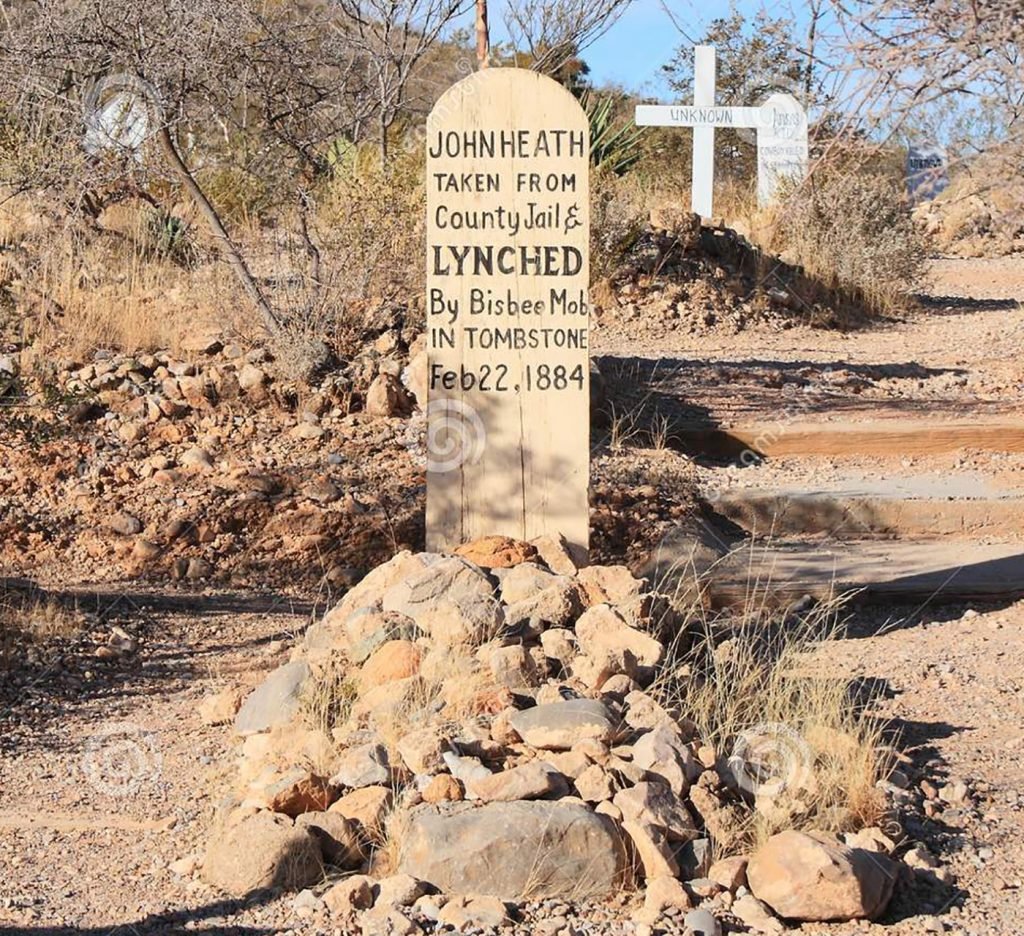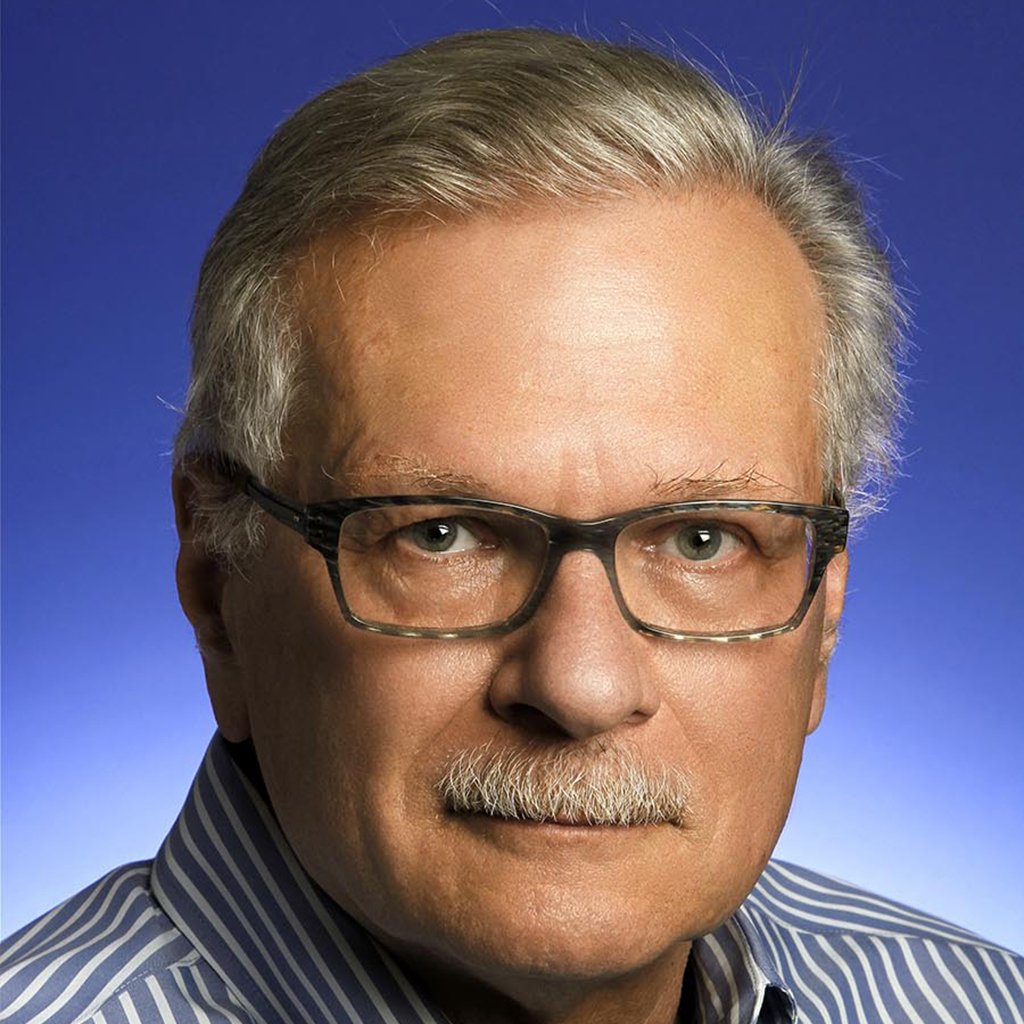Heinz Noonan, the “Bearded Holmes” of the Sandersonville Police Department, was savoring a dark humor story. As it related to religion, it was one of those anecdotes one could not share in public. Or private. Religion is very personal to many people and treading on their ecumenical toes was bad news all the way around.
But then again, there was only brand of humor. If you laughed – or at least chuckled – it was funny. Every other thing called a joke was just words.
This particular anecdote took place as a parishioner who had been trying to stay awake during the service was leaving the church. He did not want the minister to think he, the parishioner, had not listened to every word of the service, so he, again the parishioner, said he was taken by the minister’s reference to the “hereafter.” The minister responded the parishioner might have missed the point of the sermon. The minister said the reference to the “hereafter” referred to the minister often going into a room and drawing a blank as to why he was there and saying to himself, “What I here after?”
Noonan was still silently chuckling when Harriet, the Office Manager and Common Sense Mussolini, came tiptoeing into Noonan’s office uttering a low, evil “OOOoooooooo.”
Noonan looked up from his Monthly Crime Report with a look of humor mixed with annoyance. “No ghost days off until the weekend,” he said flatly.
“No ghosts involved,” Harriet said mysteriously. “Just dead people who are not dead.”
“Zombies?”
“That would be too easy. No, living people who are dead. And because they are dead they are not alive.”
Noonan rolled his eyes. “OK. If you are not dead, you are alive. And if you are alive, you are not dead. Setting aside Zombies, who else is the living dead? Or dead living.”
“Ask the woman on Line 3.”
“Well, if she’s dead, how can I speak with her?”
“Try French.”
“French? Speak to a dead woman in French?”
“Jawohl, mein herr.”
“That’s German. You said to speak to her in French.”
“The world is a strange place, señor. Line 3.”
* * *
Noonan didn’t know what to say to a dead living person or, for that matter, a living dead person. Add to that French. So he did what he could. “Bon jour.”
“Vous parlez français?!” Came the surprised response.
“Only to order wine and find the bathroom. I hope you speak English.”
“Perfectly, actually.” The American English was a mixture of Boston and Continental. “And I hope I am talking to the ‘Bearded Holmes’ because I have a doozie of a problem.”
“I was told you were the living dead, explain that to me.”
“Well, you have it in reverse. I’m a dead person living. It will take some explaining.”
“It’s your dime.”
“I was born and raised on the East Coast. Of the United States. Fifteen years I married a Frenchman and we moved to Paris. It was a wonderful relationship that ended when he was killed in an automobile accident here in Paris.”
“I’m sorry.”
“So was I. That’s when my problems started. You have to understand that in Europe, vehicle license plates identify the individuals, not the vehicle. When you buy a new vehicle, you take your license plate with you.”
Noonan was a step ahead of her – logically. “Let me guess. He was killed in your vehicle in the automobile accident and the police listed you as the deceased.”
“You are quick, sir. That’s correct. That was corrected in the coroner’s office, but by then the damage had been done. In government files, I was dead. See, in France, as soon as you are officially dead, your bank account is frozen and your driver’s license become invalid. I can’t get a new driver’s license because I am, well, dead and I cannot get into my bank account because, again, I’m dead. And I cannot open a new bank account because I need current identification to open the account. And I cannot cash any checks because my driver’s license is defunct. And I cannot leave the country because my passport has been flagged as deceased. I am, in French fact, a living dead person.”
Noonan shook his head. “Did you petition the French courts to become alive again, so to speak?”
“Worse, in my case, I cannot file a case with the French courts because my means of identification are null and void.”
“So, how long have you been the living dead?”
“Three years.”
“How have you been living for those three years?”
“The company I work for pays me in cash. Instead of a paycheck, I get cash. Then I pay for everything in cash. Oh, I cannot get a new car …”
Noonan finished her sentence, “. . . because you are dead.”
“You understand my dilemma. Now, my question to you, ‘Is there, as you say in America, a Plan B,’ here?”
* * *
A week later, Harriet came into Noonan’s office with a box of pastries.
“AWAY! AWAY WITH THOSE!” Noonan yelled and made the sign of the cross in front of his mouth. “TEMPT ME NOT!”
“Not a problem,” Harriet said as she munched away. “I’ll put the rest of them in Break Room. No one THERE is going to have a problem with authentic, calories loaded, carbohydrate-heavy, sugar enriched, free goodies specially sent by courier,” – pronouncing courier with a faux French accent – “for assistance of the previously dead now living.”
“Ah, my French client took my advice?” Noonan smiled as he side-glanced the box of pastries.
“That was quick,” Harriet said as she savored another bite. “One of your quickest cases.”
“Could have been,” Noonan said. “Now, get those pastries out of here!”
“Not,” snipped Harriet, “until you tell me what you told the dead living.”
“Simple,” said Noonan. “The French government is just like every other government. It’s a bureaucracy. You want to get the bureaucracy to move, threaten to take away its money. Supposedly the dead living had been dead for three years. But she has been working for those three years and in France, just like the United States, the government takes a slice of every paycheck. Since she was supposedly dead, she shouldn’t have been paying any taxes. So I told her to go to whatever is the French equivalent of the IRS and demand her three years of taxes back.” Noonan smiled evilly, “With interest.”
“I’ll bet that got the French government’s interest.”
Noonan pointed to the pastries, “Apparently. She wasn’t a Zombie anymore. Speaking of Zombies, do you know where they go on vacation?”
“OH, NO! A joke! No. Where do Zombies go on vacation?”
Noonan chortled, “The Dead Sea.”


